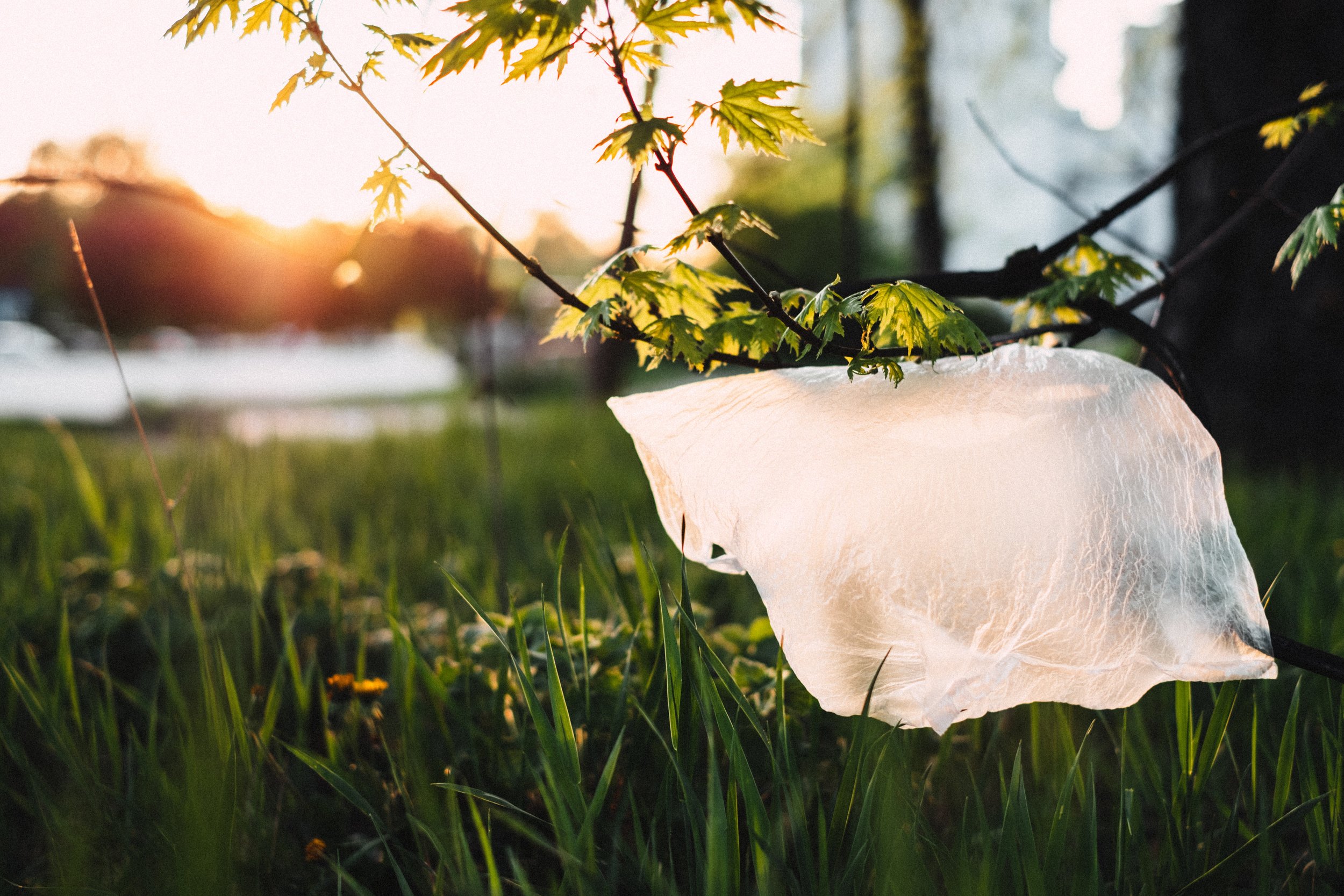Degradable vs Biodegradable vs Compostable
With the rise of eco friendly living comes the rise of products claiming to be eco friendly.
Many products are now being marketed under the guise of being environmentally favourable, however in reality they are anything but. Take one of the biggest offenders; the single use plastic bag. The original recipe plastic bag is made of petroleum, can take anywhere between 20-1000 years to break down, and Australians use 10 million of them a day.
Instead of seeing single use plastic bags decommissioned, many are now are popping up labelled as Degradable, Biodegradable & Compostable. But what do these ‘able’s’ actually mean? Let’s break them down (literally):
Degradable
Also referred to as 'oxo-degradable’, degradable bags are still made from plastic, but have added chemicals (usually with heavy metals) to help break them down quicker when exposed to light and oxygen. Degradable plastic bags will break down into smaller compounds (pieces) over time and these ‘micro plastics’ will exist forever. The small plastic fragments can then be ingested or inhaled by animals, ultimately harming them and/or entering our food chain.
Biodegradable
Possibly the most confusing out of the three, this one stumped me for a while with a lot of conflicting information. By definition biodegradable is to be capable of decaying through the action of living organisms. Naturally biodegradable bags are made from plant based materials such as corn or wheat starch, however a lot of ‘oxo-degradable’ and ‘bio-plastics’ are also getting labelled as biodegradable even though they still contain good old fashion plastic.
Compostable
These bags are biodegradable and can break down (usually much quicker) in industrial composting systems. Sometimes they are suitable for home composting systems, however you would need to check with the manufacturer. In order to be classified as compostable in Australia an item must meet the Australian Standard for compostability AS4736.
Best Solution
Reusable shopping bags are the best way to avoid single use plastic bags. Here are some easy reusable swaps for the nine of the most common single use plastic products.





